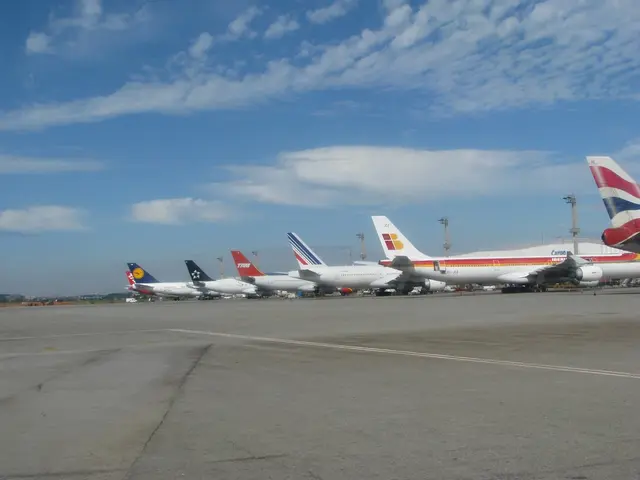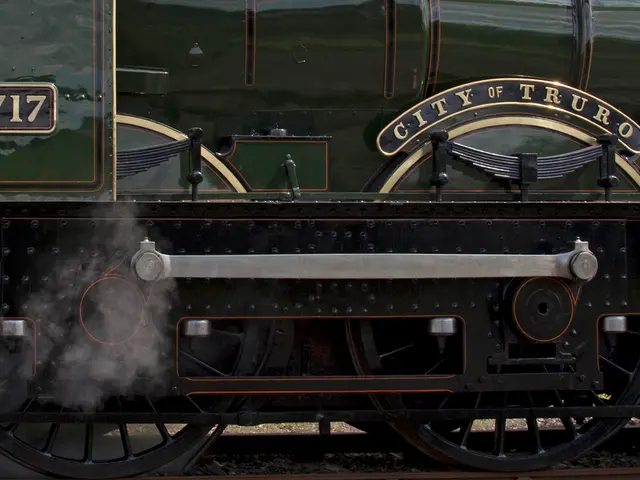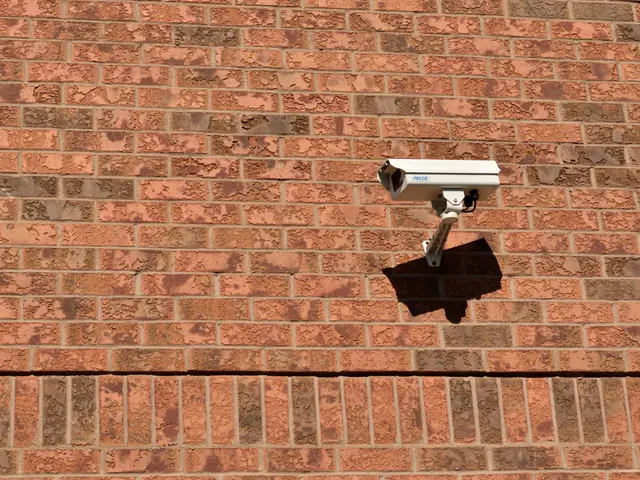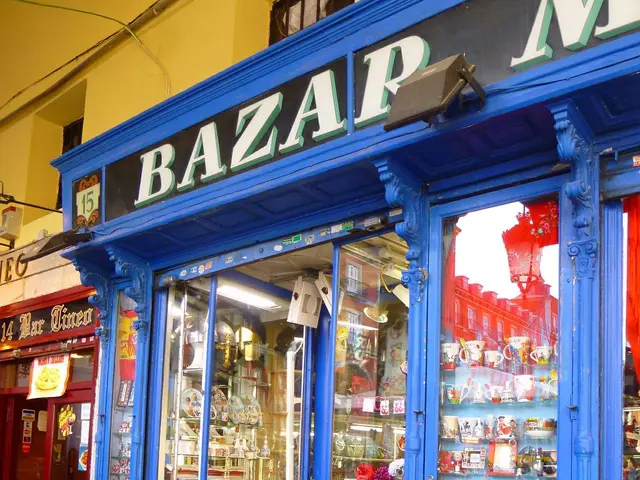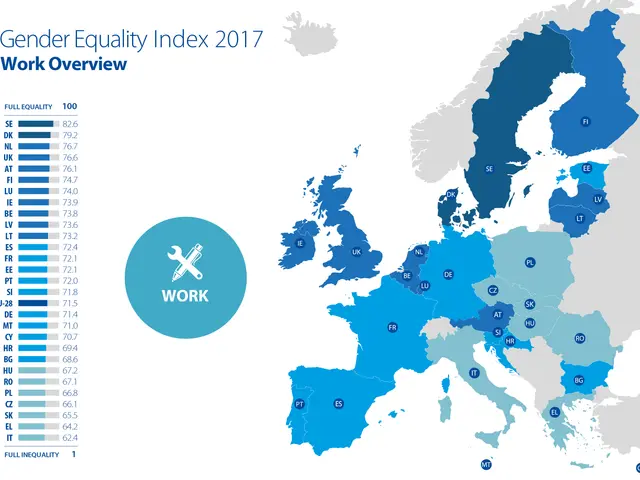Stuck on the Rails: A 5-Hour Train Delay Near Cologne
Stranded passengers endure extended delays on a malfunctioning train operated by ICE
Cologne (dpa) - Passengers on an ICE train faced an unexpected, five-hour ordeal near Cologne on Monday. With minimal assistance from the police, overwhelmed travelers had to disembark slowly, causing frustration for some.
The brakes call came around 8:30 AM after the locomotive of the ICE 527, bound for Munich from Dortmund, collided with a hefty branch on the tracks.
The Long Road Out: Evacuating the Stranded ICE
The protracted wait was attributed mainly to the challenging access to the immobilized train. Just before 12:12 PM, passengers on the lead section of the train were evacuated using a neighboring train and special bridges designed for damaged ICEs.
For the rest of the stranded travelers, Cologne firefighters climbed ladders to help them disembark. This commenced approximately 12:55 PM, a little over four hours following the initial stop, once the embankment was cleared. The evacuated passengers were then shuttled to Cologne Central Station via provided buses, fortunately without any injuries reported.
Though the particular train track was devoid of heavy traffic, the rail agency offered apologies to the passengers. Thankfully, the incident did not cause substantial repercussions for other trains.
Hamm Headlines
- ASV Hamm-Westfalen Relegated
- Citizenship Boom in Hamm
Explore All Hamm News Here
(Enrichment) Insight
Recent incidents have demonstrated the potential for train delays and disruptions in the region surrounding Cologne, though specific information on lengthy delays in this area is currently scarce.
Why the Delays?
Delays can stem from operational incidents like late arrivals or technical faults, as well as infrastructural issues such as outdated tracks, and occasional engineering works. In addition, staff shortages could lead to train schedule changes or reduced service capacity, contributing indirectly to delays[4].
Exit Strategies
If an evacuation becomes necessary due to extended train delays, emergency services and alternative transportation options will often be engaged to ensure passenger safety[2].
The Ripple Effect
A delay in one part of the network may produce a cascade effect, impacting other trains and producing further delays. To reduce disruptions, train operators may need to adjust schedules or reroute trains[5]. Ultimately, passenger inconvenience can ensue if delays are not adequately communicated[5].
Currently, the traffic situation in Cologne remains stable following previous delays[1]. However, heightened awareness of ongoing issues with train punctuality and infrastructure challenges suggests that unforeseen delays may crop up when least expected[5].
The industry of public-transit in Cologne faced a challenge due to the unexpected five-hour delay on an ICE train, impacting transportation for numerous passengers. The finance sector might also need to address compensation claims from affected travelers.
Despite the incident, there seems to be a continuous need for improved infrastructure, including both the tracks and emergency evacuation provisions for transportation systems like ICE trains in the region surrounding Cologne.

